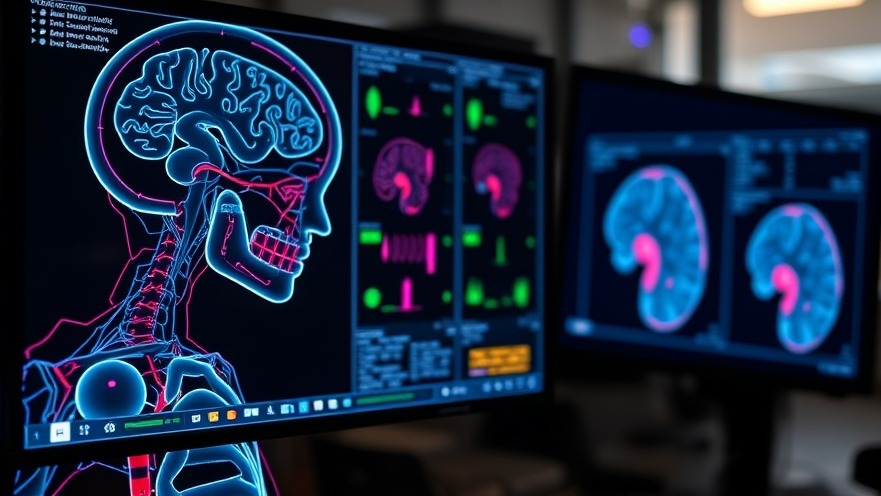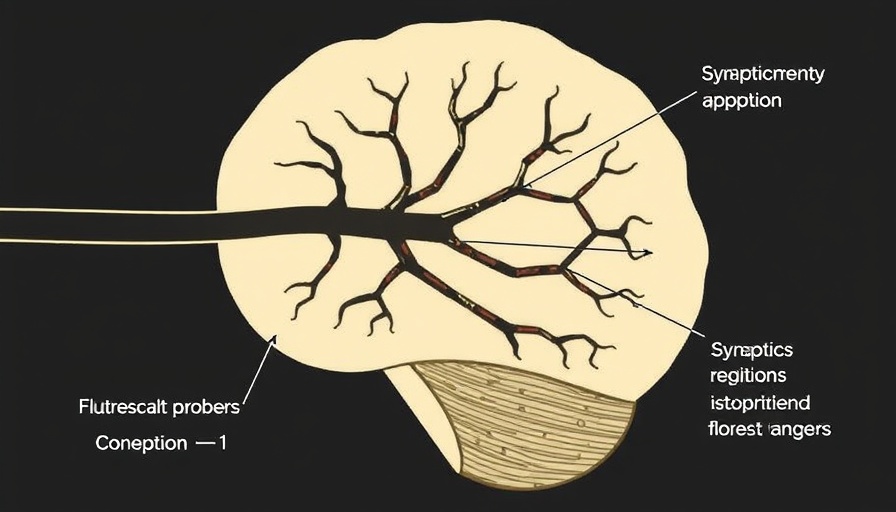
Revolutionizing Cancer Care: AI Meets Pathology
In recent years, artificial intelligence (AI) has increasingly found its way into healthcare, offering groundbreaking solutions for diagnosis and treatment. A new AI model has arrived, one that predicts cancer mutations from routine pathology slides—a significant step forward in oncology diagnostics. This innovation not only enhances the precision of treatment decisions but also streamlines resource allocation for healthcare practitioners.
Why This Innovation Matters to Your Practice
As a concierge health practitioner, the ability to make informed decisions quickly is crucial in maintaining your reputation in the community. With this AI model, you gain the power to identify pivotal mutations in tumors without needing complex tests, thus saving both time and resources. Moreover, being at the forefront of such technological advancements sets your practice apart from competitors, enhancing patient trust.
A Seamless Integration into Routine Pathology
The integration of AI into daily practice is often the most daunting aspect for healthcare providers. However, this new model aligns perfectly with existing pathology workflows. By analyzing pathology slides directly, the AI can flag essential mutations in real-time, meaning you and your team can act quickly in devising a treatment plan tailored to each patient's unique genetic profile.
Navigating Technological Resistance in Medicine
While there is excitement in adopting new technologies, there also exists an apprehension among health practitioners about the complexity and reliability of AI systems. This apprehension is legitimate; however, early adopters of AI report a marked improvement in diagnostic accuracy and workflow efficiency. Education and training around this particular AI model will be essential in alleviating concerns and ensuring smooth implementation.
The Future of Patient-Centric Care
The use of AI in predicting cancer mutations is not just about technology; it embodies a shift towards patient-centric care. Personalized medicine helps healthcare providers make informed choices, shifting the focus from one-size-fits-all treatments to personalized options tailored to individual patient needs. This aligns perfectly with the philosophy of concierge medicine, offering bespoke care and services.
Actionable Steps for Health Practitioners
If you’re intrigued by the potential of this AI technology, consider the following steps to integrate it into your practice:
Education: Invest time in understanding the capabilities of the new AI model and its implications for oncology.
Training: Organize training sessions for your staff to ensure they are well-equipped to leverage this technology.
Community Engagement: Educate your patients on the potential benefits of AI in cancer treatment as part of your communication strategy.
Embracing Change for Growth
Integrating AI technology into your practice not only improves treatment outcomes but positions you as a leader in a rapidly evolving healthcare landscape. With a commitment to understanding and utilizing these technological solutions, you can enhance patient trust and secure your practice’s future.
In this age of technology, it’s vital not to resist change but to embrace it for the betterment of your patients and practice. So, take the first step now—network among peers who have successfully engaged with AI and learn from their experiences.
 Add Row
Add Row  Add
Add 






Write A Comment